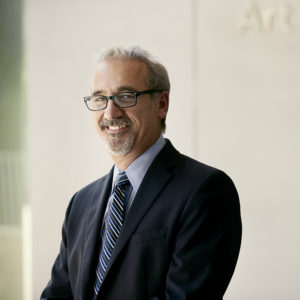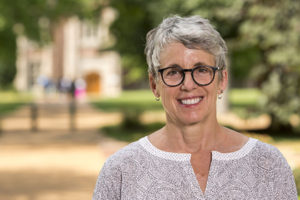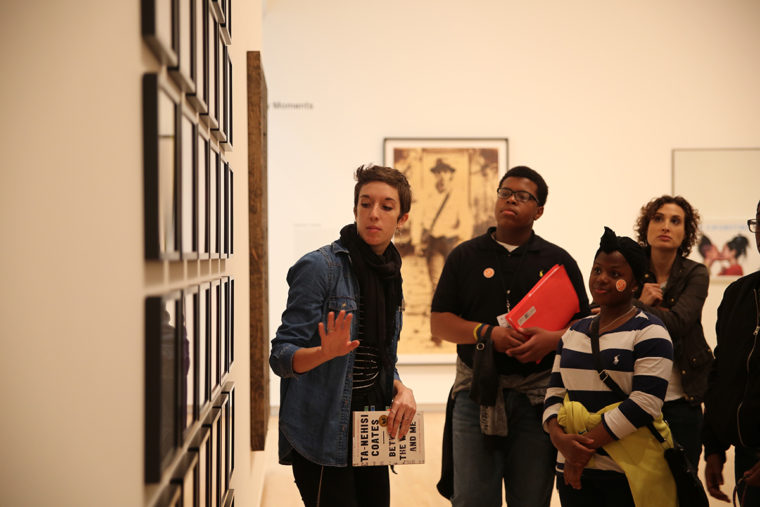While President Trump’s proposed $970 million budget cuts in the arts and humanities account for less than one-tenth of a percent of savings in the administration’s $1.1 trillion federal budget plan, the effect could gut culture and diminish quality of life across the United States if not the world, say experts at Washington University in St. Louis.”The consequences of their proposed eradication (of certain agencies) are enormous,” said Sabine Eckmann, William T. Kemper Director and chief curator, Mildred Lane Kemper Art Museum. “Such an act would have dire, and in many cases irreversible, direct and indirect impacts on the culture, history and quality of life in this country.”

While also affecting areas as broad as public broadcasting and as specific as art therapy for military veterans, these impacts will hit home at Washington University and other universities, Eckmann said.
“The current proposed 2018 federal budget will eliminate the National Endowment for the Arts (NEA), the National Endowment for the Humanities (NEH), and the Institute of Museum and Library Services (IMLS), among other agencies,” Eckmann said upon the March 16 release of the proposed federal budget. “The NEA and IMLS have provided and continue to provide seminal support for the Kemper Art Museum through critical exhibition and conservation grants that made public art historical scholarship and supported creative education programs for our communities on and off campus. They also helped to conserve significant works from the Kemper art collection to insure their existence for generations to come.
“We are deeply indebted to these organizations and their investments in the humanities.”

It’s a dismissive attitude toward the roles that the arts and humanities play in everyday life, culture and academics, said Carmon Colangelo, Ralph J. Nagel Dean and E. Desmond Lee Professor for Collaboration in the Arts, Sam Fox School of Design & Visual Arts.
“It is sad to see such a deliberate effort to suppress scholarship, artistic expression, cultural production and the unifying value the arts have on our communities,” Colangelo said. “The NEA and NEH are very small slivers of the federal budget, yet have supported a wide and diverse range of cultural institutions, museums and educational organizations in every state so that millions of Americans can enjoy the arts.”
Jean Allman, director of the Center for the Humanities and J.H. Hester Professor in the Humanities in Arts & Sciences, noted that the sweeping proposed cuts to arts and humanities are “no surprise… there have been signs and signals since shortly after the inauguration.” Still, the depth of the cuts could be felt far and wide, from people who enjoy a Public Broadcasting System special to the local community seminar.
“The NEH’s annual budget, as federal budget items go, is miniscule and yet with that budget and for over a half century, the Endowment has supported activities that impact every corner of American society, from museums and libraries, to grade school classrooms, to film and media productions,” Allman said.

“Some of the projects have been high profile and have garnered much media attention — Ken Burns’ “Civil War” series or the King Tut exhibit that took America by storm in the late 1970s are great examples. A large part of the Endowment’s work never makes headlines, yet it is the kind of daily work that is foundational to a democratic society that values public dialogue and debate, cultural and historical understanding, critical inquiry, and a strong liberal arts education from grade school through graduate school.
“An NEH summer seminar in African American history for a high school teacher, the small summer stipend that sparks the path-breaking book project of a young philosopher, the Talking Service project for a veteran and her family, the community oral history project funded by a state humanities council — these are among the countless ways that the NEH has strengthened the fabric of our society and made us better global citizens.
“The cost of the NEH’S elimination — locally, nationally and globally – would be indeed unfathomable.”
